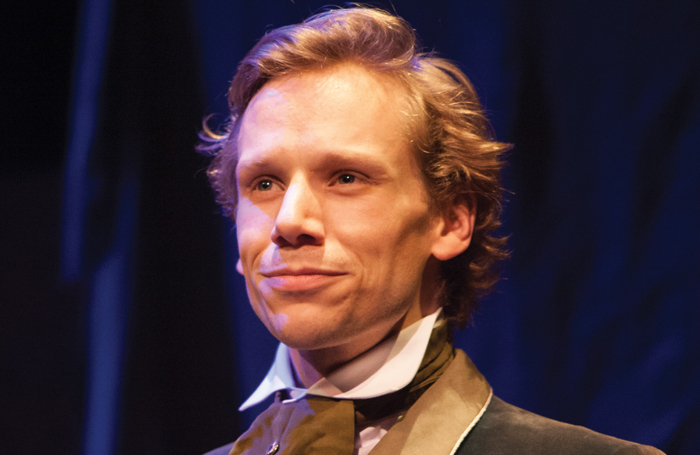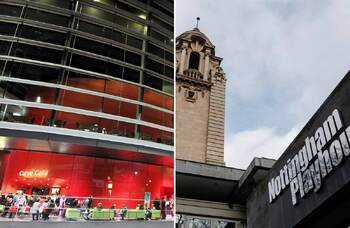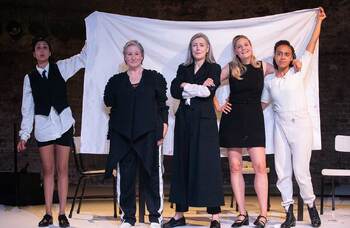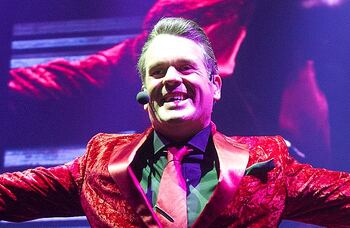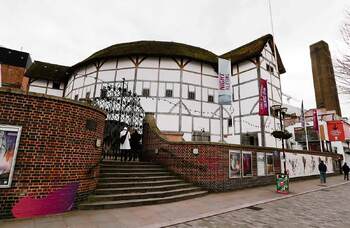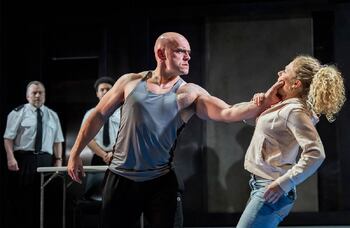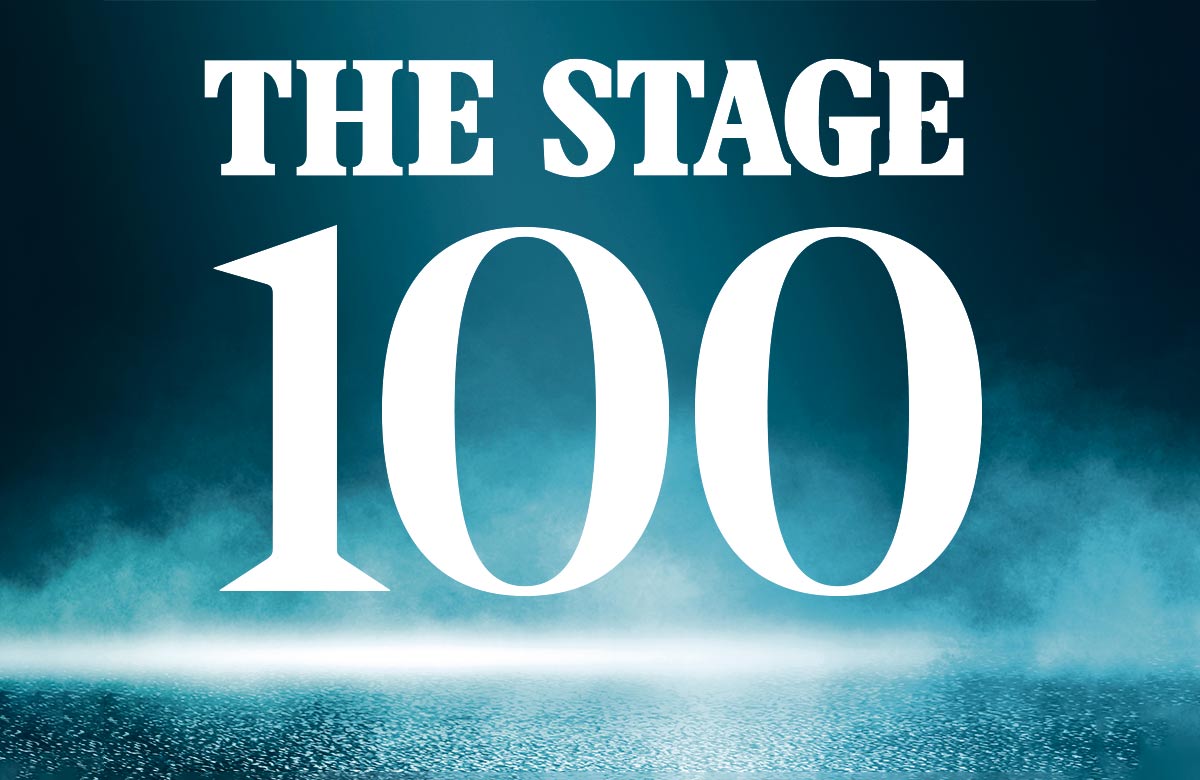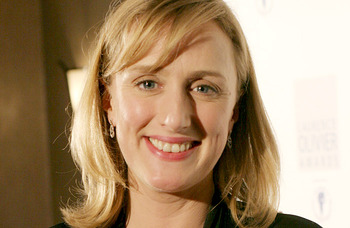Guy Warren-Thomas: 'Working on TV makes you realise how precious theatre is'
As the son of a National Theatre publicity officer, his childhood home was plastered with photos of theatre greats. Now an actor himself, he talks to David Hutchison about his turn as Dorian Gray in a stage adaptation.
What does the contribution of Merlin Holland [Oscar Wilde’s grandson] bring to the play?
He wanted it to be very faithful to the book, which I think it is. A lot of other adaptations skirt around certain issues in the book. There’s a chapter in the book where Dorian ages 18 years, which is a problem in many ways. But we’ve taken it on fully. Merlin knows what he’s talking about, and he knows the facts. There’s a lot of faith to be had in him. We met at the beginning of the process for a few days, and heard from him what was and wasn’t true [about the play and Wilde]. Wilde never wrote this for the stage, he wrote this as a book, so it’s been really interesting to get around those obstacles.
Were you nervous about working with someone so close to Wilde?
To have someone directly related to him involved is quite daunting, but it’s a privilege to play the part, for sure. It’s quite extraordinary, and quite surreal a lot of the time. It’s been helpful to just focus on the text, focus on the job in hand, otherwise it can get a bit daunting. But it’s kind of a once-in-a-lifetime opportunity.
You pop up on TV and in films every now and again. How does theatre fit into your life?
I think as soon as you find yourself on a film set or a TV set, you realise quite quickly how precious theatre is. The process, the collaboration…it’s a completely different kettle of fish in that respect. And I think lots of actors would not want to be without it. Personally, I don’t want to lose that connection in any way. Most of the focus of my experience has been theatre. That juxtaposition of being in a trailer, being called on set, delivering the goods and leaving – being a very small component of it – it’s one aspect. Whereas you get a lot more out of the theatre. There are different upsides and downsides to it, but it’s why we act, in many ways – or why I do it, anyway.
This production has played a number of theatres in London. Is this the final stop?
I don’t know if there’s a spring tour planned, it all depends on how the Trafalgar Studios receives it and that sort of thing. Personally, I’m looking forward to not worrying about what I look like for a bit, which will be a relief.
Dorian Gray is famously beautiful. How much pressure have you felt to look good?
I think it’s an inevitable aspect of the part, but it’s just something that you’ve got to trust – if you’ve been cast, it’s a given. You just have to go with it. There’s a lot of other things in theatre which help: lighting, all that stuff. To a certain extent it’s a worry, but there’s more stuff to worry about technically as an actor. I haven’t changed much since starting the role in terms of my general fitness regime and stuff, I don’t particularly want to bulk up suddenly if I’m honest, so that’s okay. It’s just eating healthily, that sort of thing.
CV: Guy Warren-Thomas
Training: LAMDA (2011-13)
First professional role: The Cave, Blue Elephant Theatre (2010)
Agent: Danica Pickett, Williamson and Holmes
The Picture of Dorian Gray runs at the Trafalgar Studios, London, until February 13
Opinion
Opinion
Most Read
Across The Stage this weekYour subscription helps ensure our journalism can continue
Invest in The Stage today with a subscription starting at just £7.99
